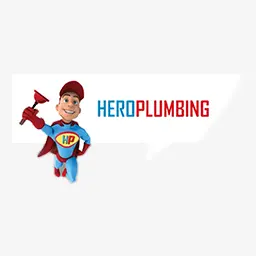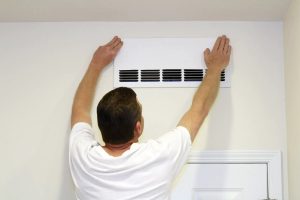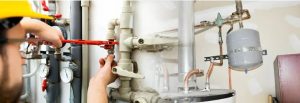Table Of Contents
- Efficient Gas Wall Heaters
- Advantages Of Using Gas Wall Heaters
- The Development Of Wall Mounted Gas Furnaces
- Energy Ratings For Wall Furnaces
- Maintenance For Gas Wall Heaters
- Heating And Cooling Solutions
- Difference Between Heat Pump And Air Conditioner
- Safety Of Gas Wall Heaters
- Split Systems For Your Home
- Is Indoor Portable Gas Heating Really Safe To Use?
- Gas Wall Heaters Are Greatly Recommended
Efficient Gas Wall Heaters
Wall furnaces, also known as wall heaters, are small, self-contained gas heating devices connected directly to a building’s wall or roof and exhaust their heat directly through the roof and walls.
Wall heaters work by circulating air within a sealed interior chamber while often creating heat via the burning of fuel, although electricity may also be used. The hot air is forced out the front of the heater; into the space being heated by fire or an electrical heat source.
Small homes, apartments, and condominiums may be heated effectively using wall heaters and other portable gas heaters. You can save crucial floor space by mounting a wall heater directly on the wall.
Unlike typical forced-air furnaces, modern wall furnaces don’t need ductwork to distribute warm air or vent combustion gases. They are suitable for heating small and open areas because of their tiny size and rapid installation procedure. Read on to learn more about gas wall heaters.
Advantages Of Using Gas Wall Heaters
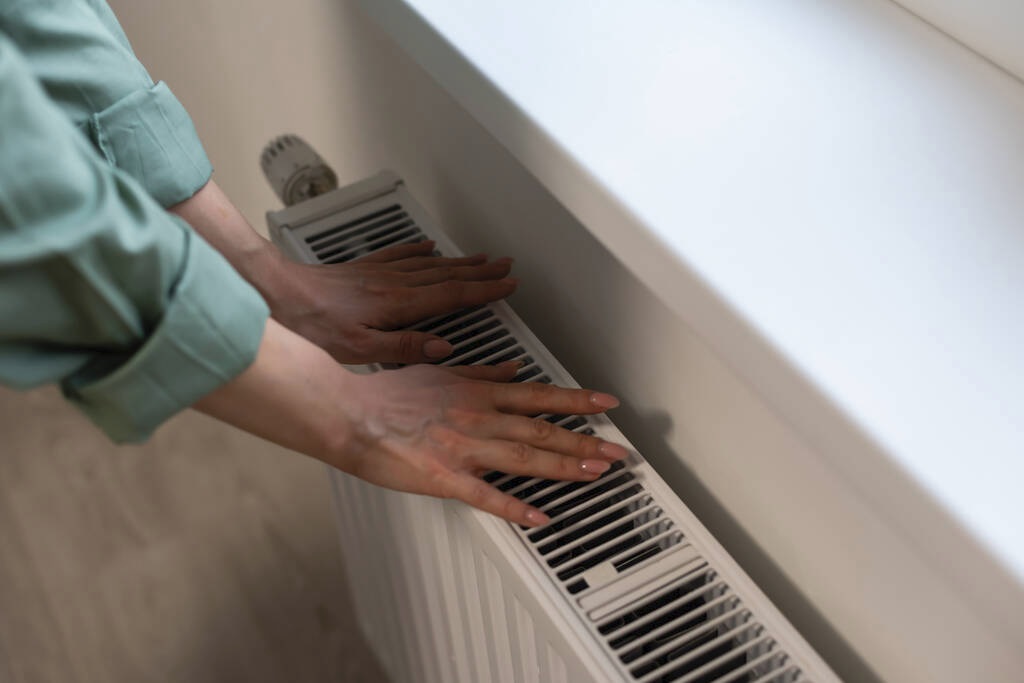
When it comes to heating a room, a wall furnace is a safe and effective option to choose.
Heating Efficiency
It’s inconvenient to sit about and wait for a room to warm up. A wall heater can heat a room in one to two minutes if it is installed and used correctly. This pace is ideal when you need your space to be warmed up as quickly as possible.
Additional Source of Heat
In order to reduce your heating bills, consider using wall heaters as a zoned heating option. The cost of maintaining a centralised HVAC system might be too expensive. For a fraction of the expense of an HVAC system, wall-mounted heaters allow you to maintain a comfortable temperature in your home while saving energy bills.
Easily Adjustable Temperature
Temperature control is standard on most wall heaters. Comfortable heating is possible if you are able to configure your thermostat in accordance with your own preferences.
Long Lasting Heat
A wall heater is an excellent solution if you’re looking for long-lasting warmth. Even if the wall heater is switched off, the heat will remain for 15 minutes. Insulate your house properly if the heat isn’t lasting as long as you’d want it to. Poor insulation may be at fault for letting in a lot of heat.
Space-Saving for Your Home
Wall heaters are a popular choice for flats and smaller homes. Typically, they are hung on a wall and are small and streamlined.
Simple Installation and Maintenance
Installing and maintaining a wall heater is a breeze. As such, you won’t have to worry about major repairs if you have just a few pieces. When you need to fix a heater, all you have to do is remove it, fix it, and then reinstall it. Wall heaters powered by natural gas are both affordable and energy-efficient.
The Development Of Wall Mounted Gas Furnaces
Radiators inspired the design of wall heaters. Boilers heat the water for traditional radiators, which then circulate the hot water throughout the structure through pipes. The heated water in cast iron radiators is used to warm a space. In recent years, gas heaters have replaced conventional boiler radiators, although older buildings still use them.
A gas wall heater directly attached to the wall produces even, free-flowing heat. The gas furnace at the base of the structure provides the heat. There are several advantages to gas wall heaters. Ventilation is required, which may not be feasible in specific units.
Energy Ratings For Wall Furnaces
Wall furnaces are pretty efficient in heating a single room or a place that is primarily open concept. Gas wall furnaces are more energy-efficient and have better energy ratings than central heating air conditioners since they don’t have to travel via a network of ducts. Typical yearly fuel usage efficiency ratings for wall furnaces nowadays range from 80 to 90 per cent annual fuel utilisation efficiency (AFUE). Keep in mind that older models that use a natural airflow rather than a fan generally have lower efficiency.
Maintenance For Gas Wall Heaters
Routine maintenance is a must for wall furnaces, just like any other heating system. The first step is to wipe off the exterior of your furnace with a moist cloth, giving specific attention to the heater’s vent. Turn off your furnace’s electricity and then remove the exterior cover to access its inside. Clean the fan blades and motor using a duster or a vacuum pump with a soft brush attachment that is gentle.
If you have a gas space heater, you should clean your exhaust pipe once a year. Consider using a face mask and rubber gloves for this task. If you aren’t overly confident in your own abilities, you should employ a professional. Alternatively, use a moist cloth or vacuum cleaner to clean the vent pipe.
Heating And Cooling Solutions
Has summer heat made you unable to sleep? Adding a central air conditioner to your natural gas furnace will allow you to have year-round temperature control in your house. To keep your home cool, you don’t need a heat pump.
Difference Between Heat Pump And Air Conditioner

A heat pump is a device that uses electricity to transfer heat from one location to another. To warm up your house, it warms air from outside and transmits it into your property. Cooling your house is accomplished by moving hot air outdoors. Keeping your house cooler with an air conditioner is similar, but it doesn’t really heat your home.
An electric air-source heat pump is capable of heating and cooling your house, but you’ll need to take into account certain essential factors:
Your Living Environment
Using a backup heating system when the temperature drops significantly may increase your heating expenditures. Cold environment heat pumps are more costly, but they perform better in frigid temperatures. Also, some nations need more heating than cooling during the winter months. Prioritising your heating demands above your cooling needs makes sense since you’ll be relying on the heat in your house for most of the year.
Your Current Heating System
Using a heat pump rather than a gas furnace can save you money on your gas expense, but your electric bill will increase. In addition, the price of natural gas is a third of that of electricity heating costs.
Safety Of Gas Wall Heaters
Gas wall heaters are an affordable and efficient way to heat small rooms. This heater can keep a small room toasty and cozy even if it is not linked to a central heating system or furnace. Unlike other fossil fuels, gas wall heaters use natural gas as a fuel source.
When fuel is burned to generate heat, hazardous contaminants like carbon monoxide are produced. Focusing on the safety of your house is essential while using gas wall heaters. To ensure wall heater safety, follow these suggestions.
Choose Vented Gas Heaters for Ventilation
In most regions of the country, flammable fuels, particularly kerosene, are restricted for interior usage, particularly with unvented gas furnaces. The same goes for unvented natural gas heaters, which can only be used in particular places. Therefore, vented wall furnaces consist of a duct linked to an exhaust vent emptying fumes outdoors.
An unvented gas wall furnace lacks an exhaust, but it does contain an oxygen sensor that turns it off when the levels are too low. In regions where unvented gas wall furnaces are permitted, you should use them in garages or other spaces where fumes may be naturally expelled. For the best safety, always pick a vented wall heater rather than an unvented one.
Make Sure You Get the Correct Model
Next, you’ll want to look for the best vented wall heater model. When looking for a wall heater, search for one with high-quality features and the newest technology. The U.L. (Underwriter Laboratories) listing for the product should be clearly displayed to show that it has been subjected to product testing by regulatory bodies. An additional need for a quality outside air wall heater is that it be completely sealed during burning.
Invest in Excellent Installation
When it comes to installing a wall heater, always go with a trusted brand. To guarantee the safety of the gas connection, this is necessary. You should not undertake this task on your own or put your confidence in someone with little or no expertise. Faulty gas connections might cause hazardous leaks.
Schedule Yearly Maintenance
Your wall heater should be serviced regularly, just like any other HVAC system. A trained expert will check the heater for leakage, faulty wiring, breakage, and general operation. To keep your house secure, you should do routine maintenance and inspections at a reasonable cost. If certain safety considerations are observed, gas wall heaters may be a safe solution for heating small areas and flats.
Split Systems For Your Home
Using copper tubing to link the interior and outdoor units, a split system is a kind of HVAC system. Depending on your needs, you may have either a heat pump or air conditioner put outside your house and a gas furnace or fan coil installed inside your home as part of a split system.
Heat Pumps
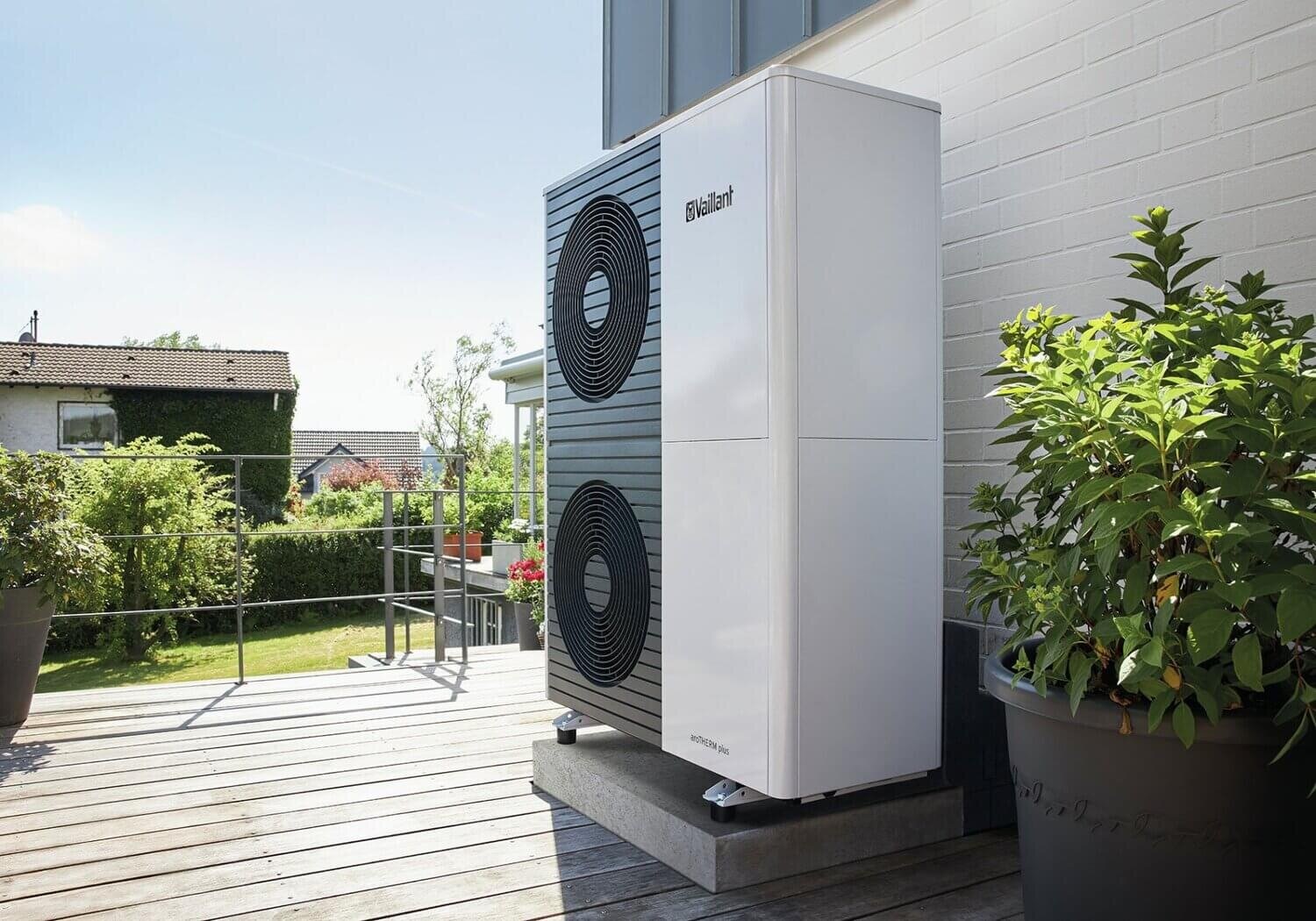
Even chilly air may be drawn in by a heat pump powered by electricity, then transferred to the inside of a building. The air handler and fan in the inside unit move air throughout your home, while the outside unit includes the compressor and heat exchanger.
Central Air Conditioning Units
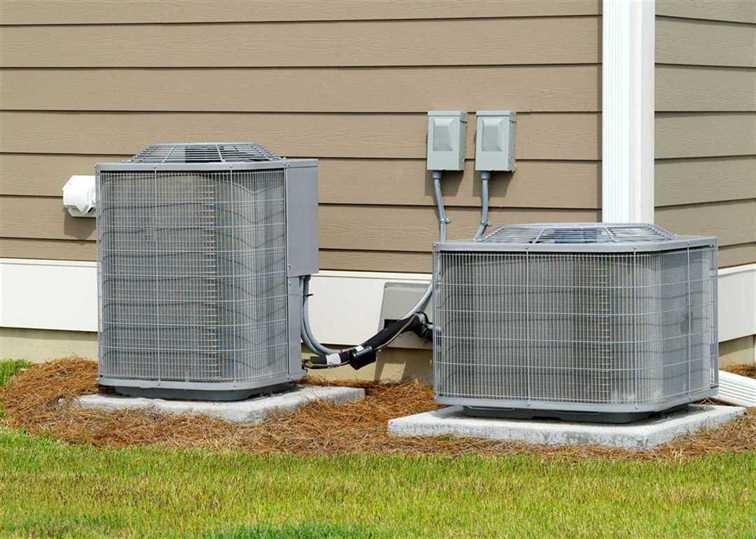
In a split-system air conditioner, the compressor and condenser are located outside, while the absorber, heater, ventilation system, and filtration components are all housed inside.
Gas Wall Furnaces
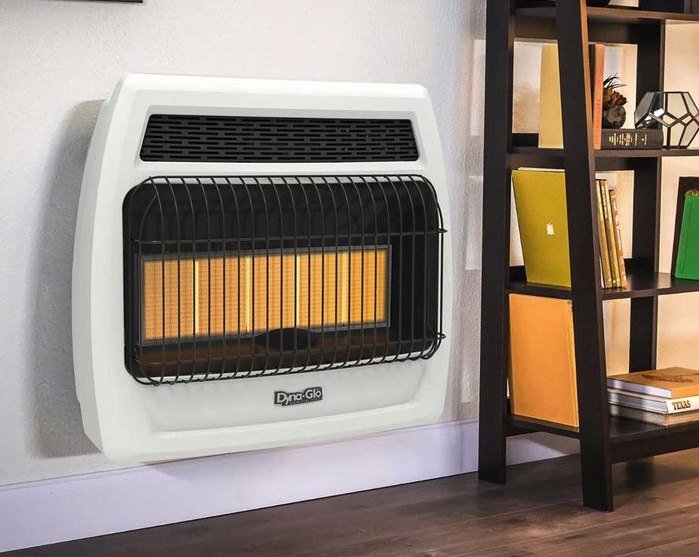
Using fuel like gas or Kerosene, furnaces heat the air in your house and distribute it via ductwork.
Fan Coils
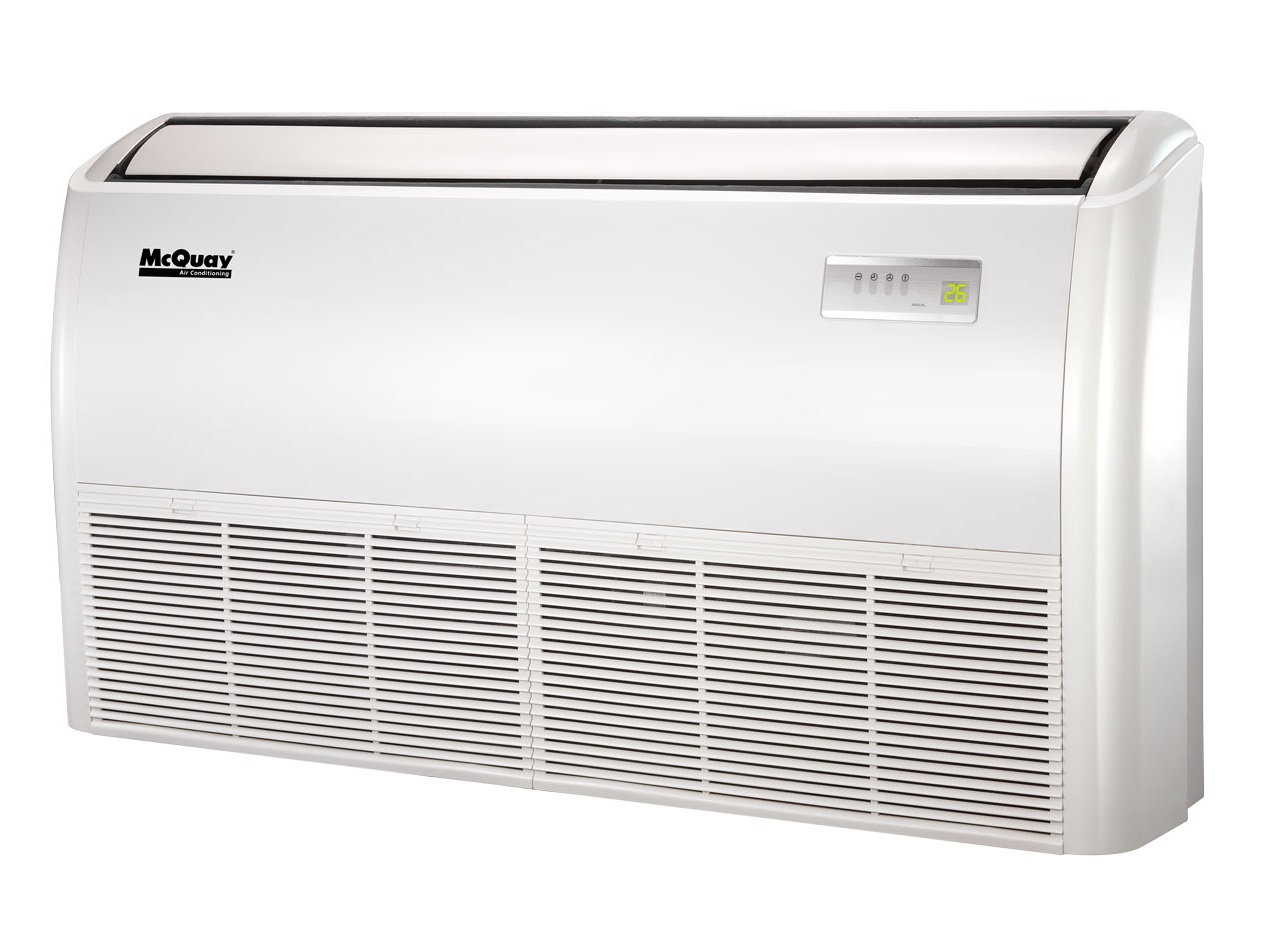
Depending on the season and the weather, fan coils may be used to heat or cool your house by moving air across the coil.
Ductless and Ducted Heating Systems
Split-system heating and cooling may be ducted or ductless. When your heater, fan coil, or heat pump is running, ductwork is used to circulate the warm and cold air created by your air conditioner or heat pump. Ductless split systems employ separate air handlers to heat or cool particular rooms in your house.
Is Indoor Portable Gas Heating Really Safe To Use?
Suppose you possess a portable outdoor gas heater; never try to use these gas furnaces inside your house. Using these outdoor portable gas heaters inside might be risky and can cause big problems since they are not constructed with the proper emission control mechanisms.
Some believe that using a portable heater inside consumes oxygen and that more individuals suffer from oxygen deprivation than carbon monoxide when using outside gas heaters indoors. Carbon monoxide exposure is a far higher threat. Portable gas heaters are generally safe to use inside, given that they are gas bayonet heaters designated for interior usage. There are also portable gas furnaces that are meant for outdoor usage and should never be used inside.
Gas Wall Heaters Are Greatly Recommended
Aside from the fact that they can save you money, gas wall-mounted heaters are becoming a popular choice for apartment buildings, business buildings, and small houses because of their versatility. These low-cost heaters are simple to use and maintain, and they give forth plenty of heat when you need it.
A heater mounted on the wall may be quickly and easily installed. You can also choose from a variety of styles and sizes. This sort of heater will provide you with safe, pleasant, and cost-effective heat for many frigid nights ahead if you do your research and know the size of the space you need to heat. However, be sure to work with a professional to help with installation and maintenance.




